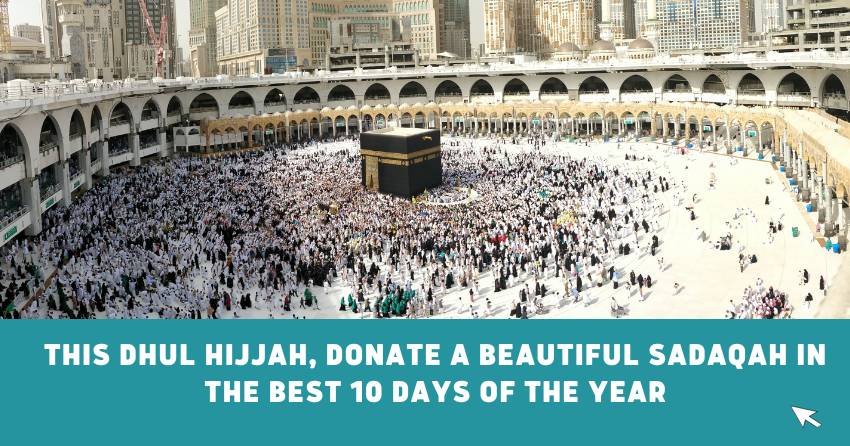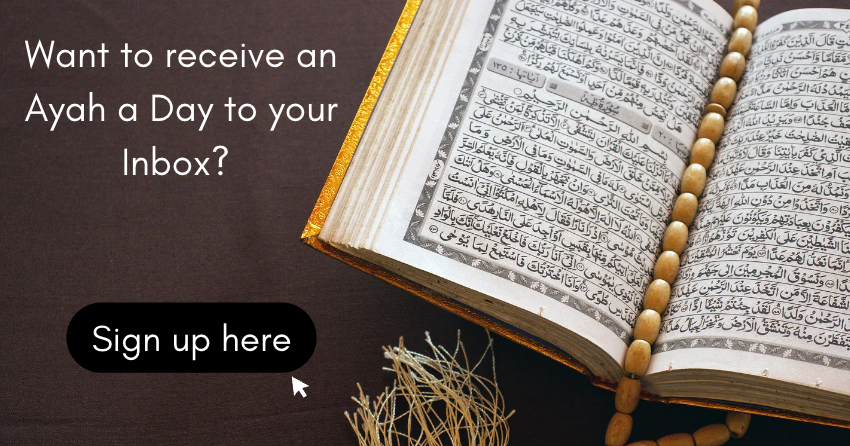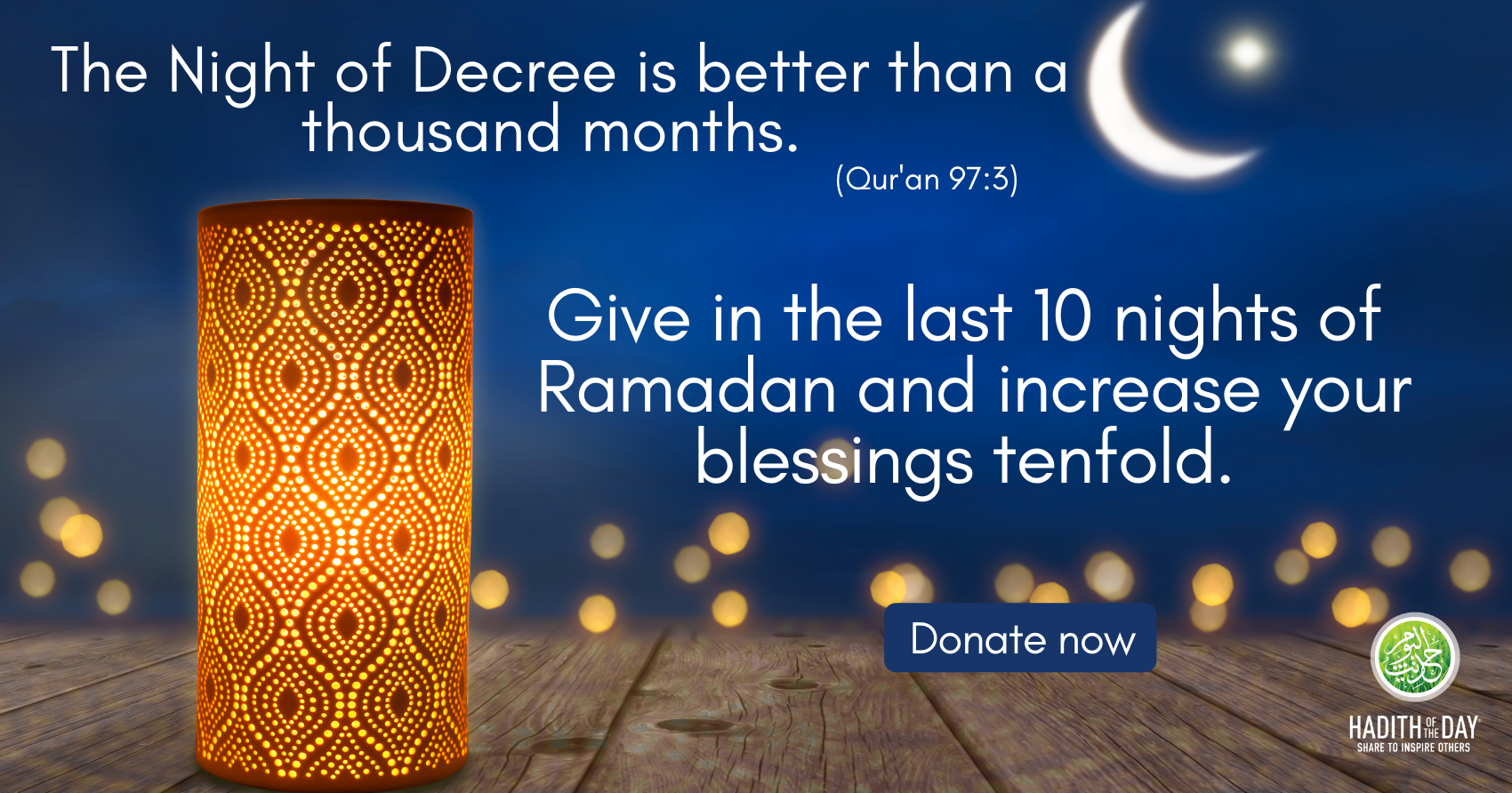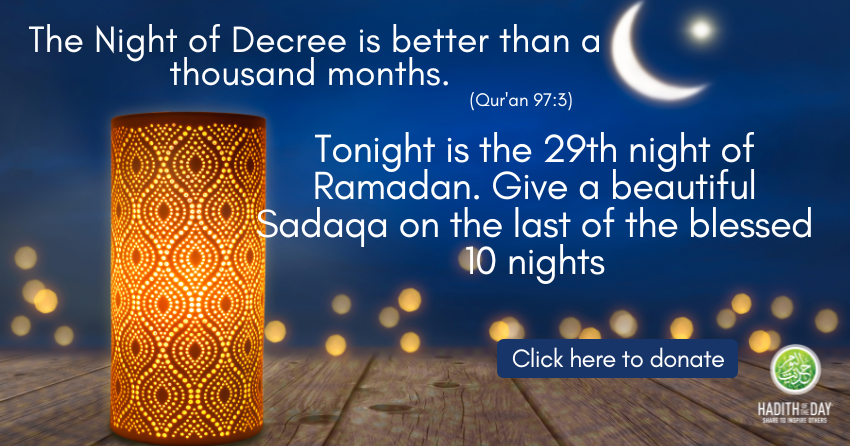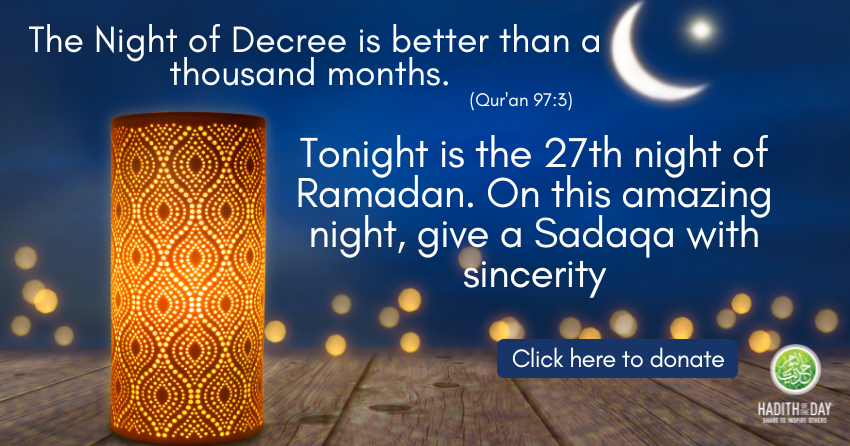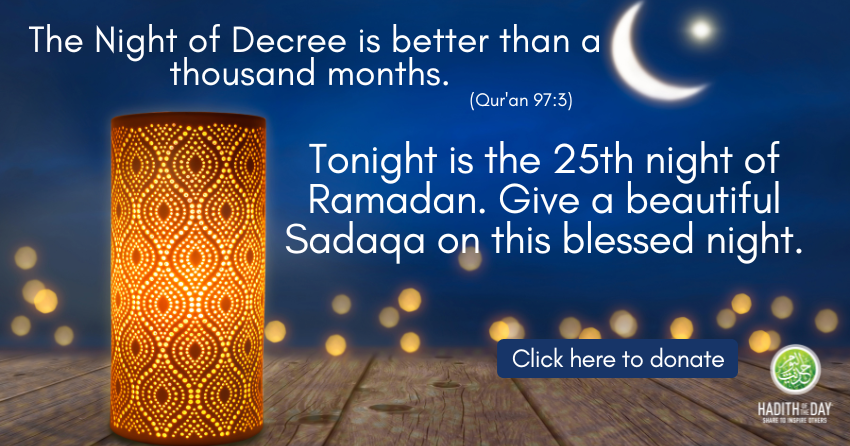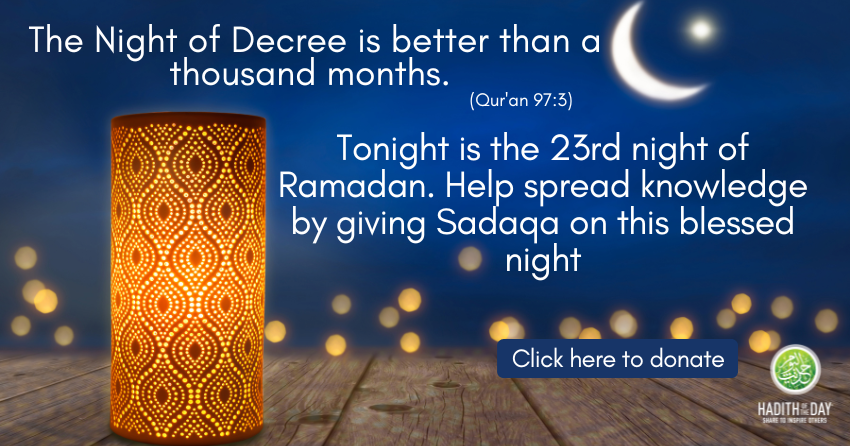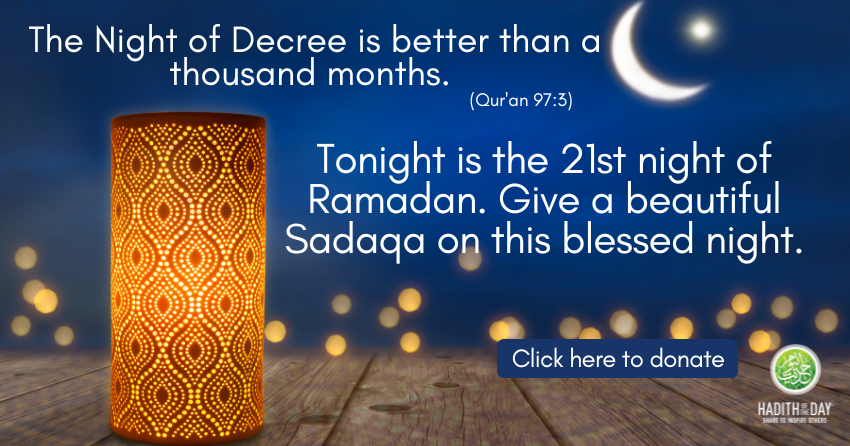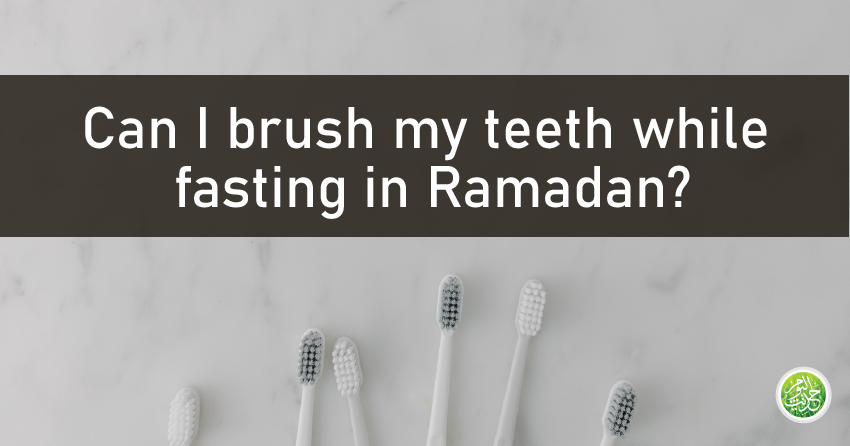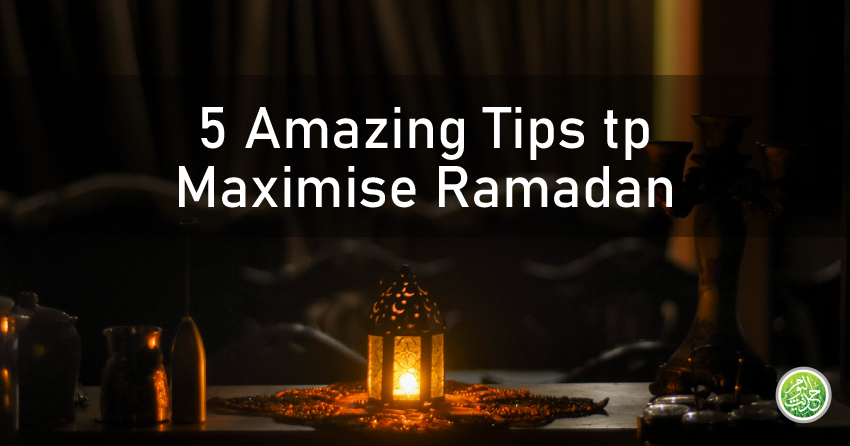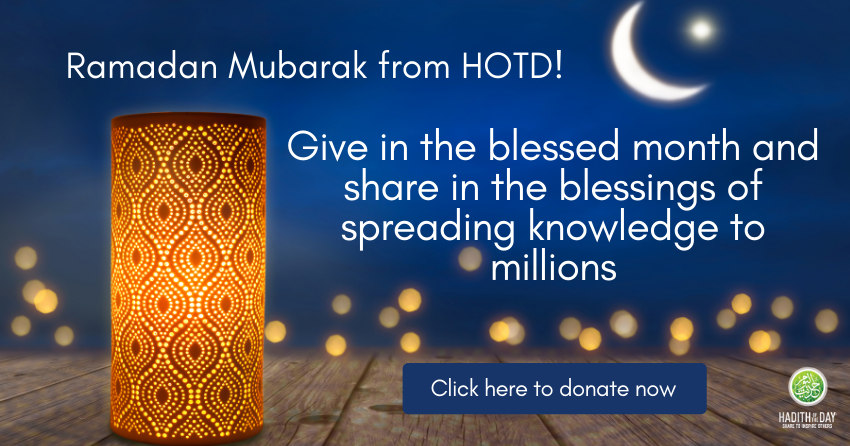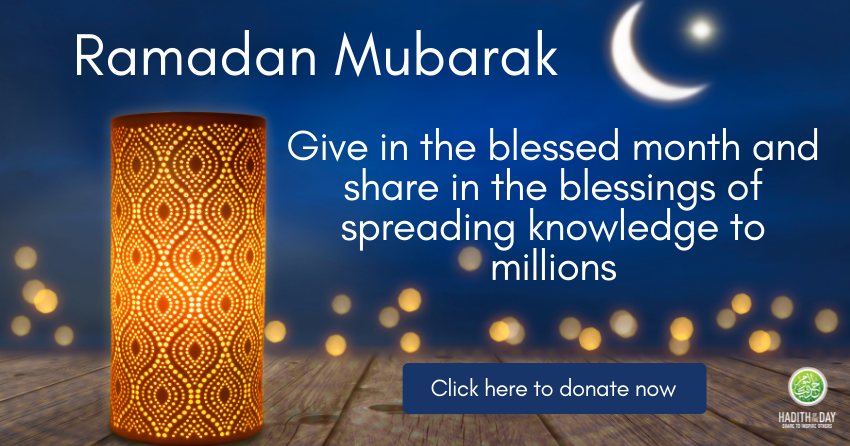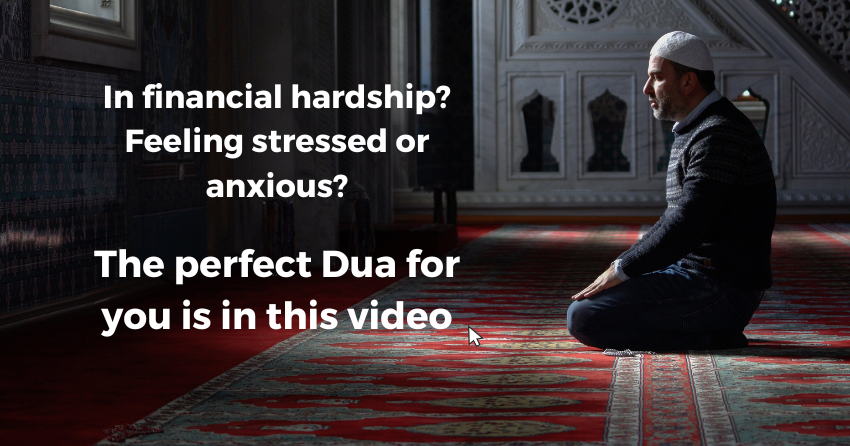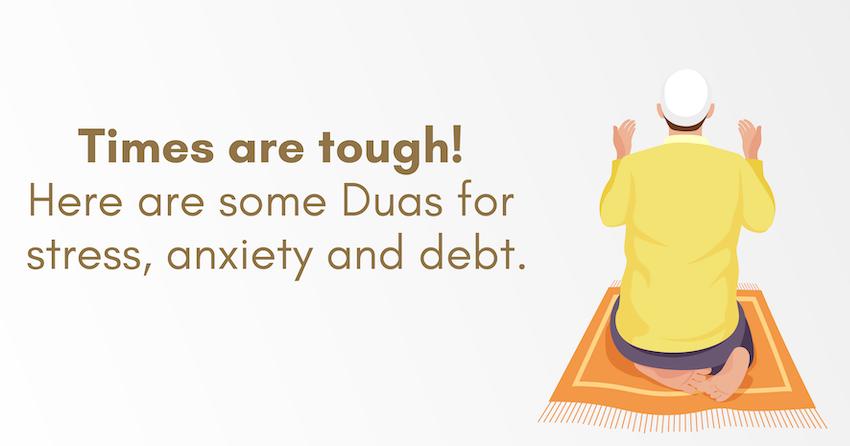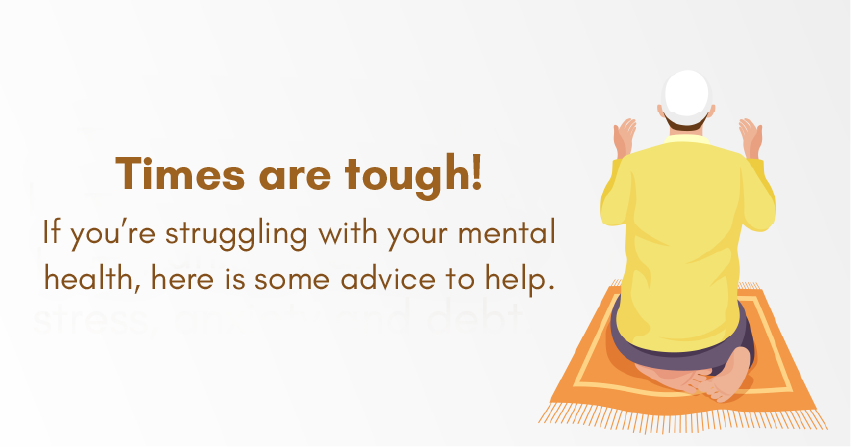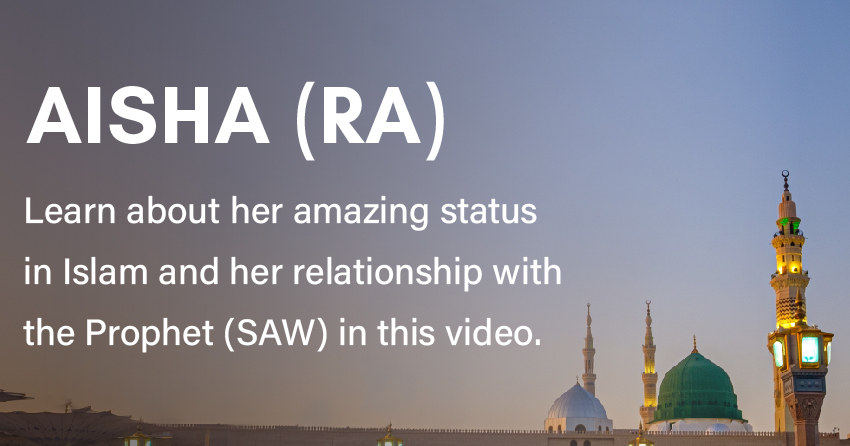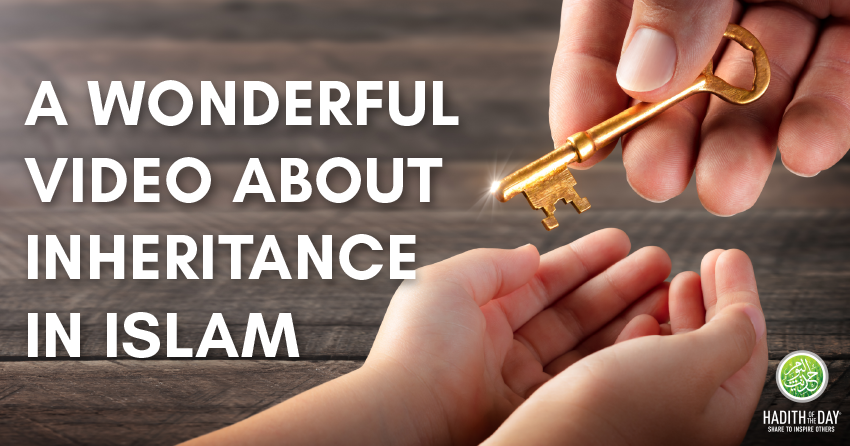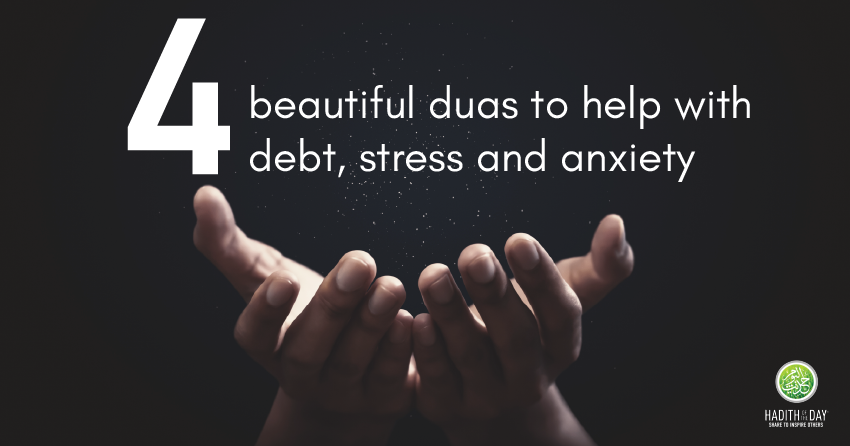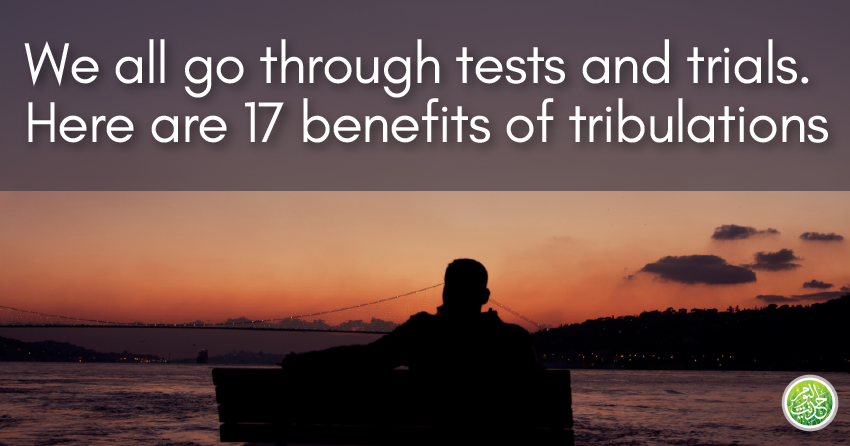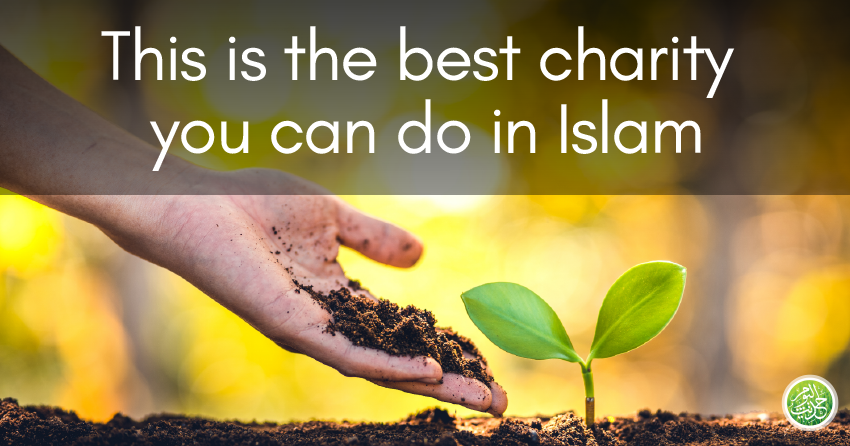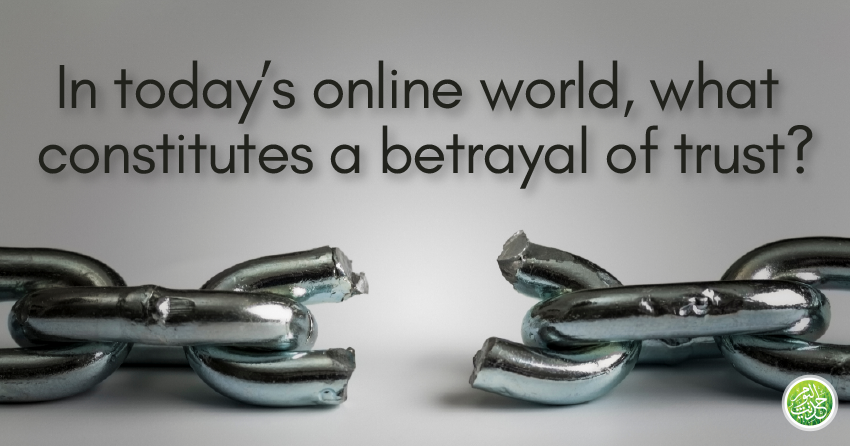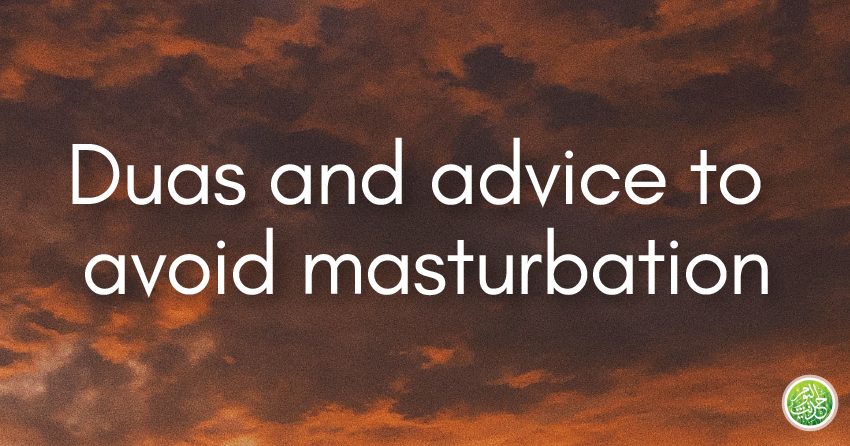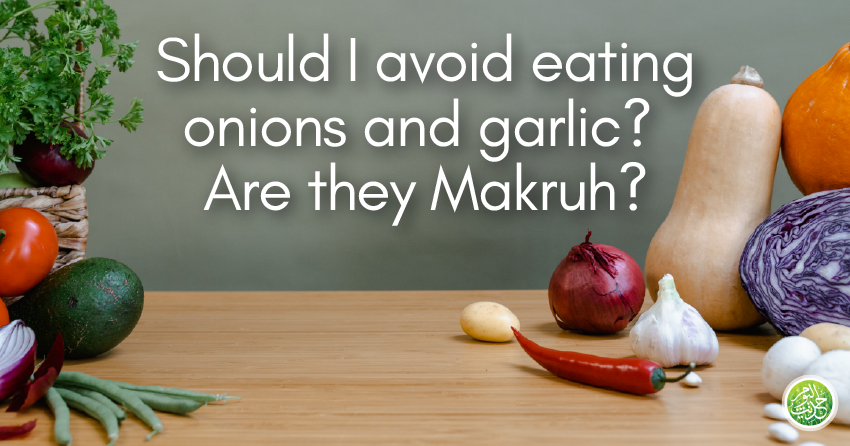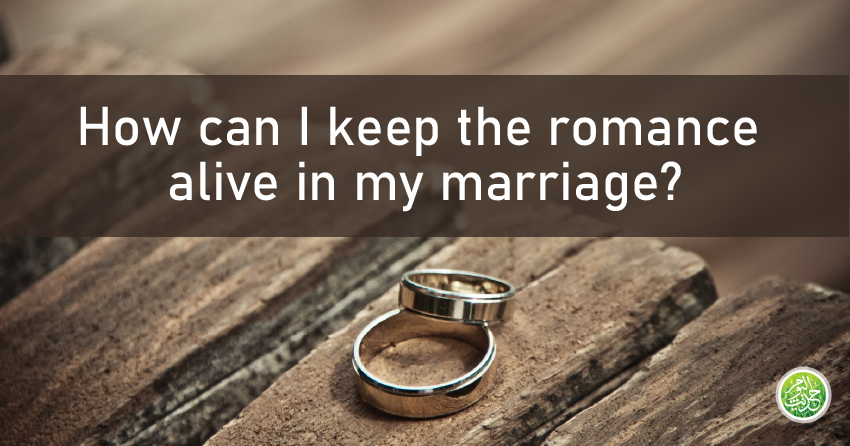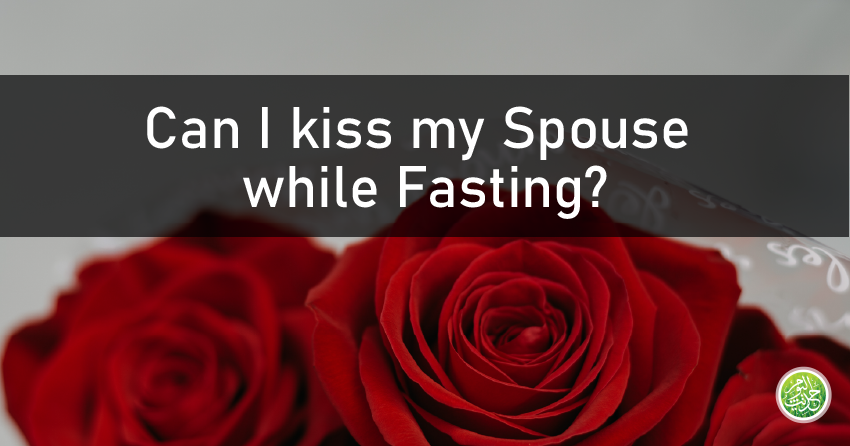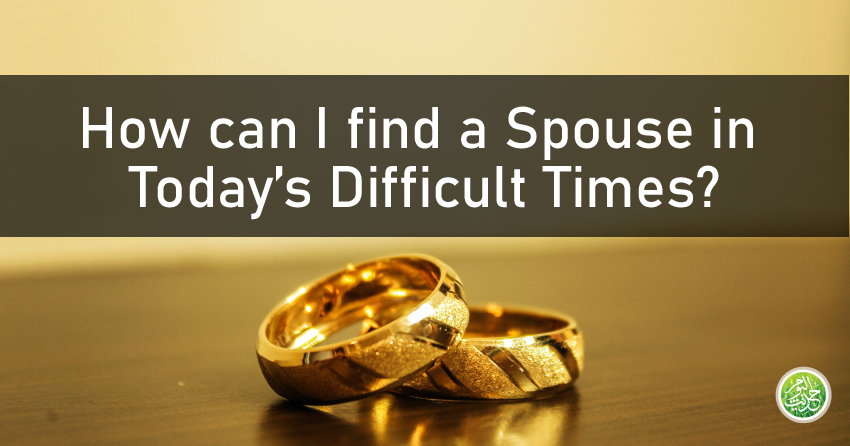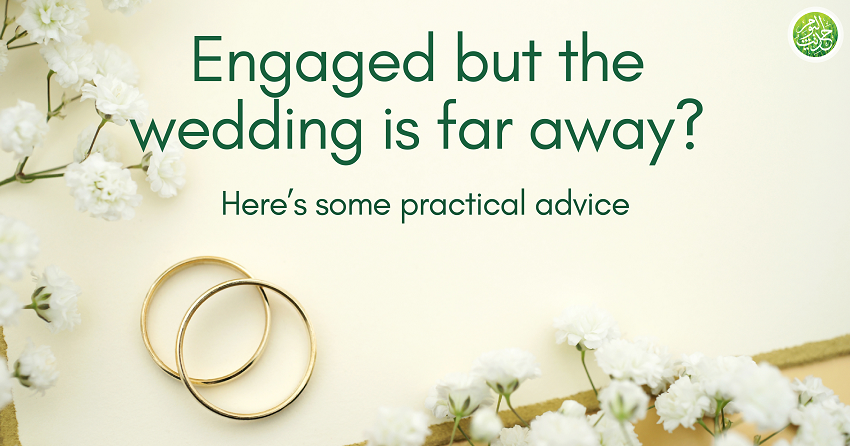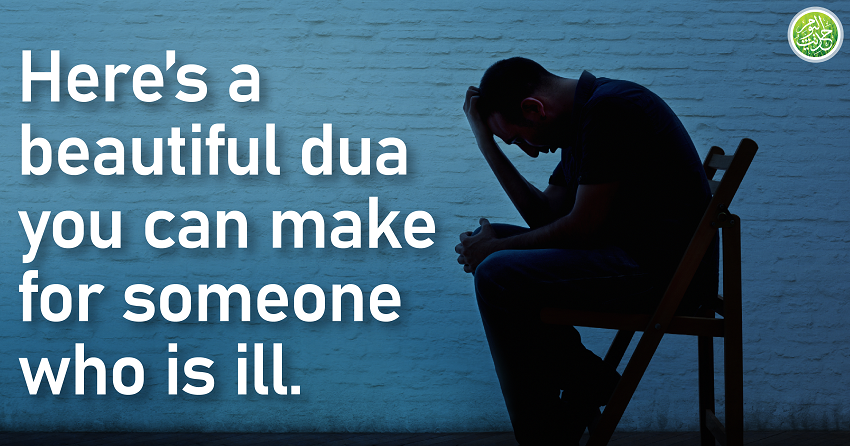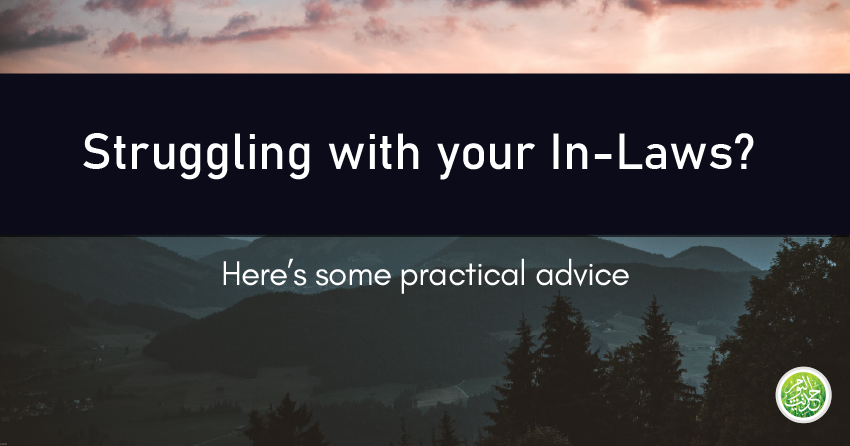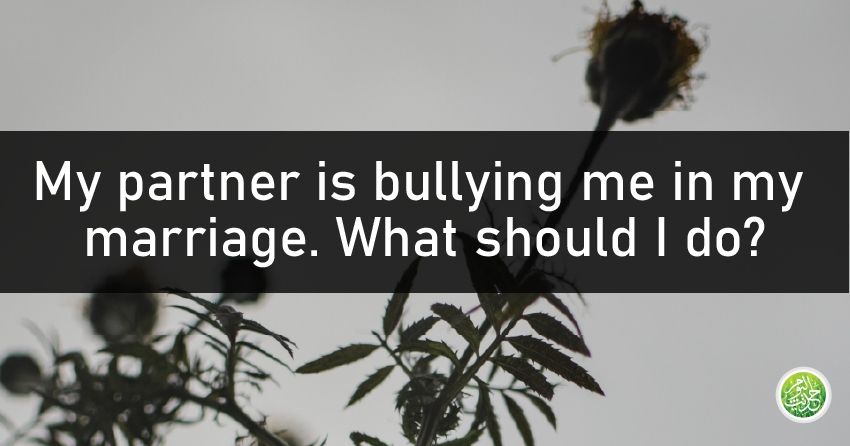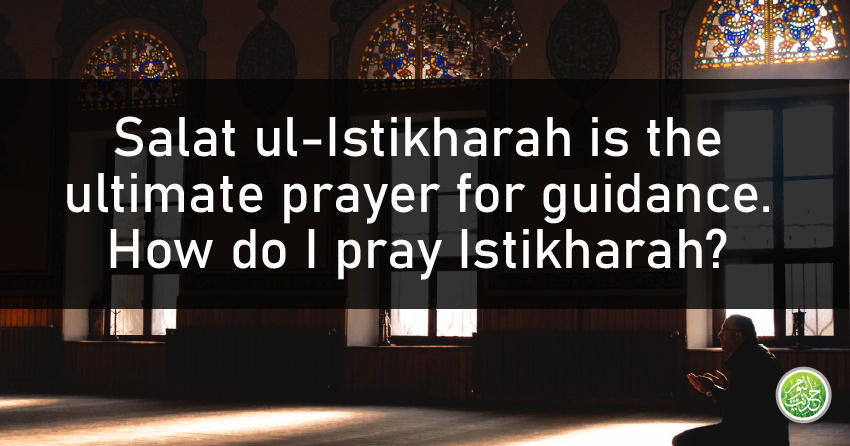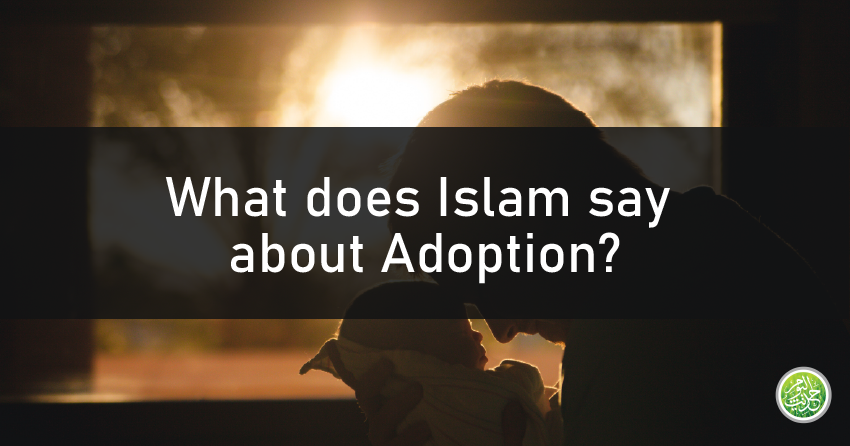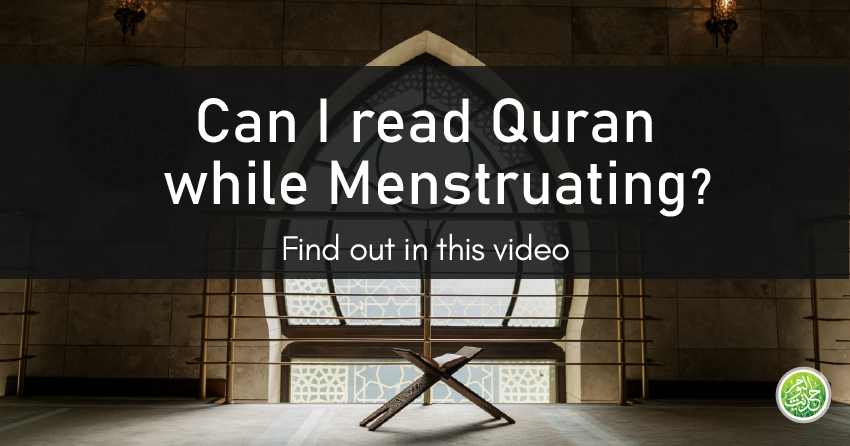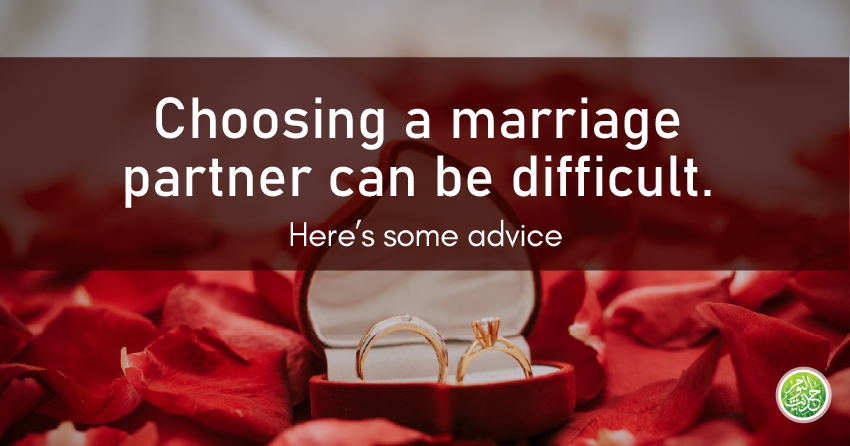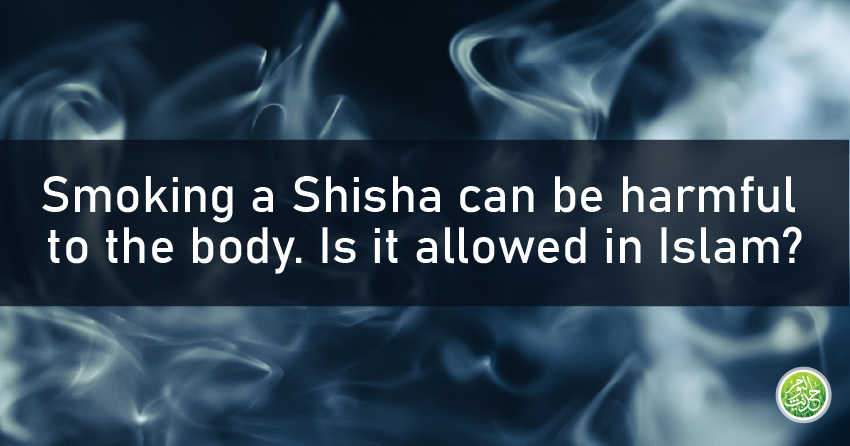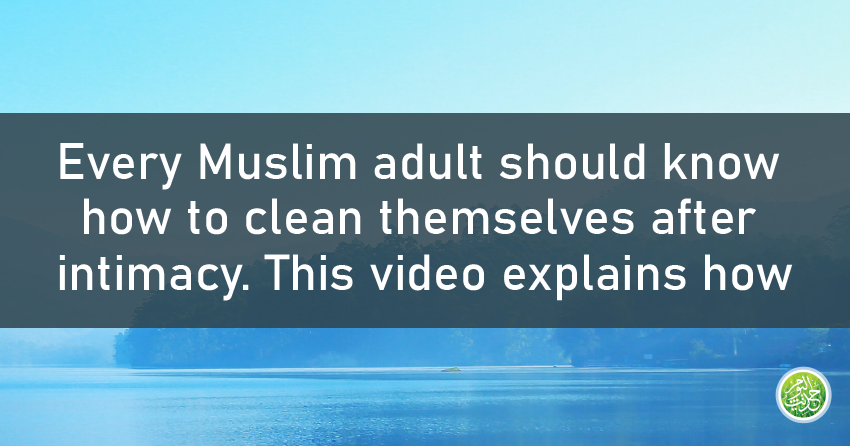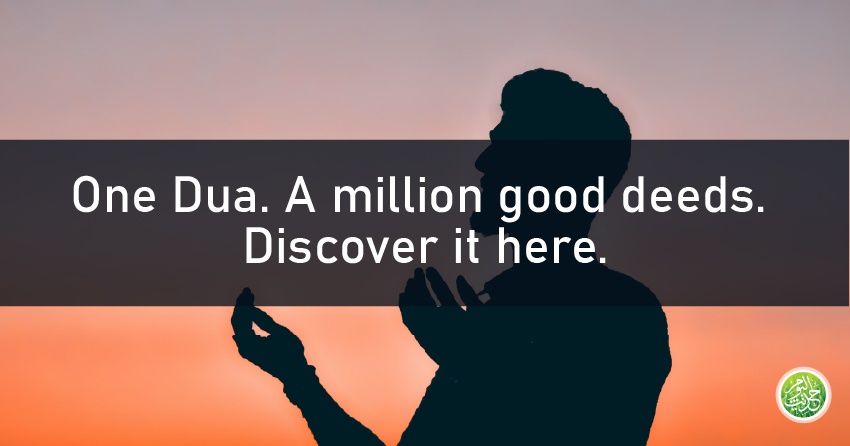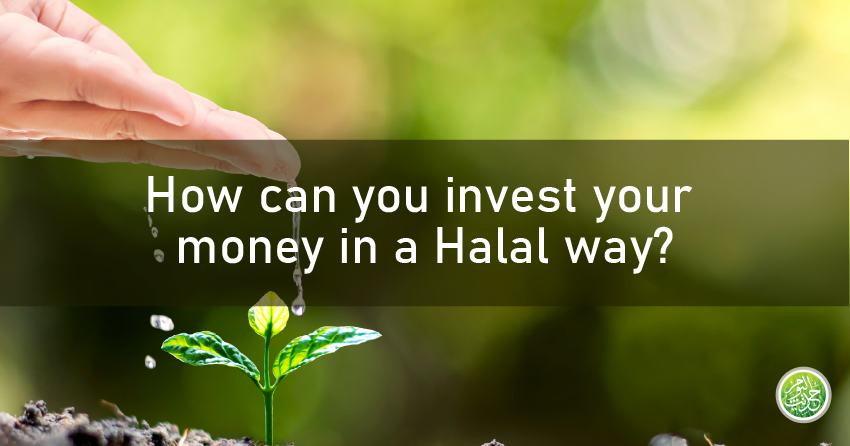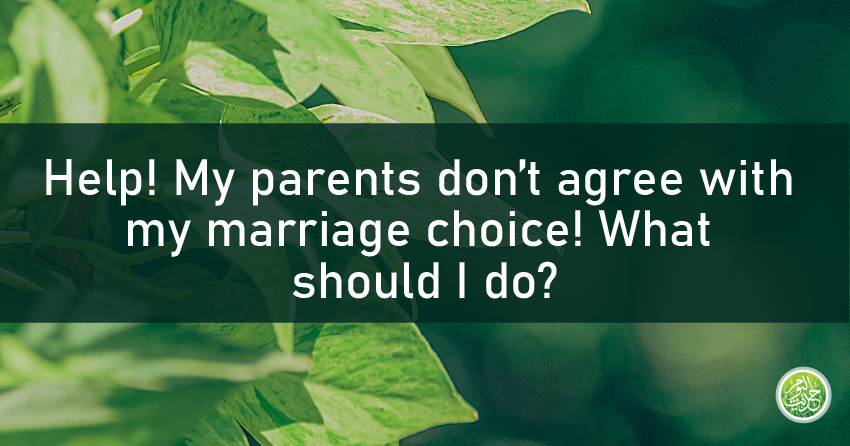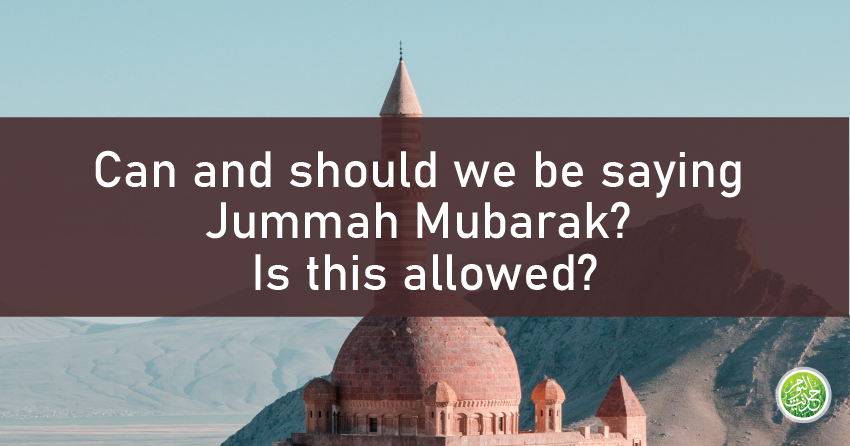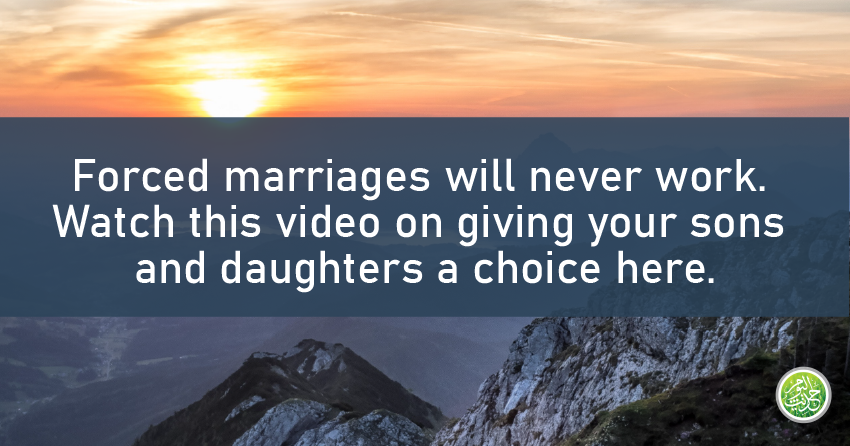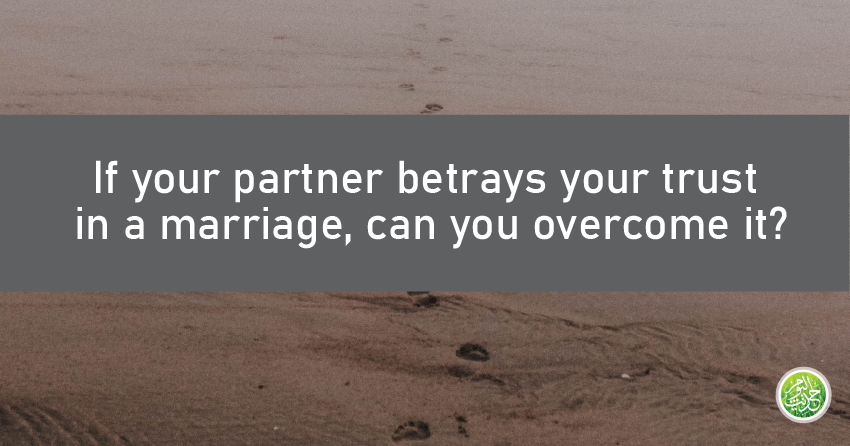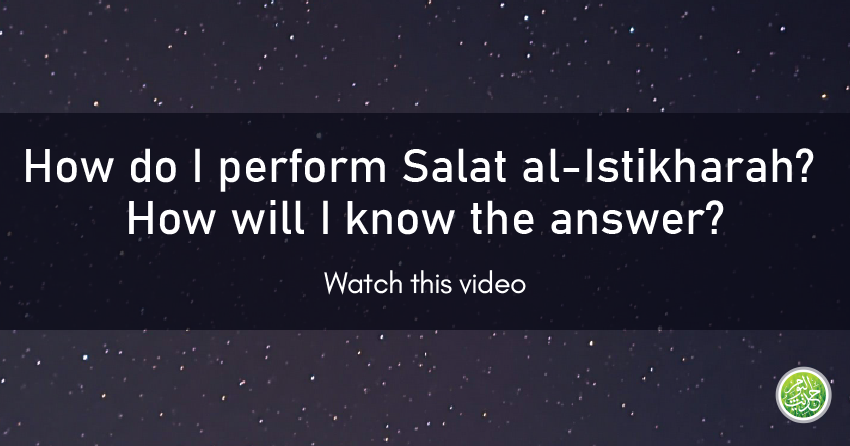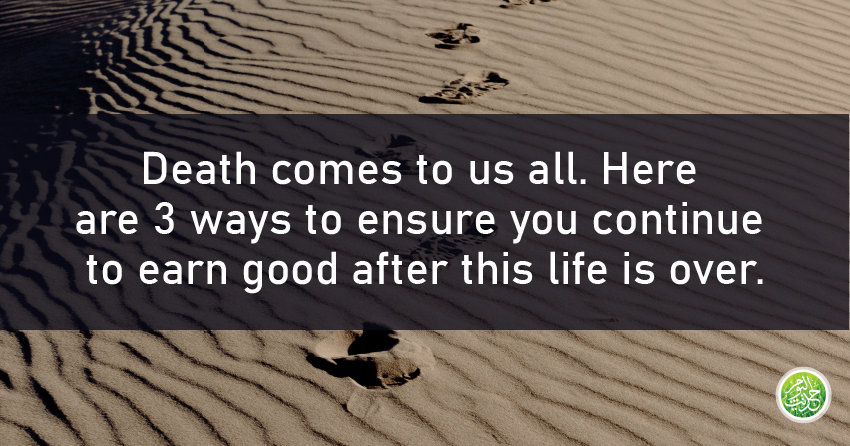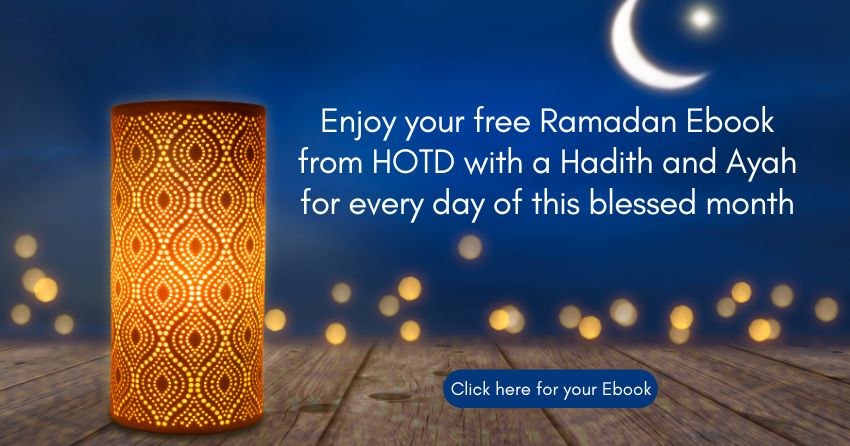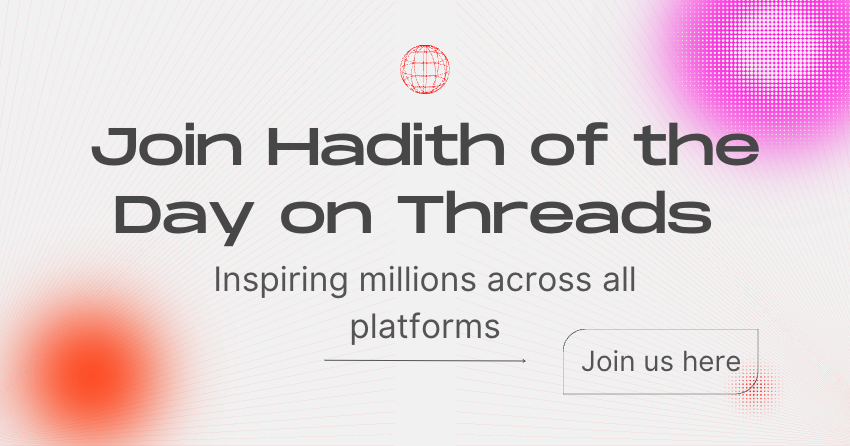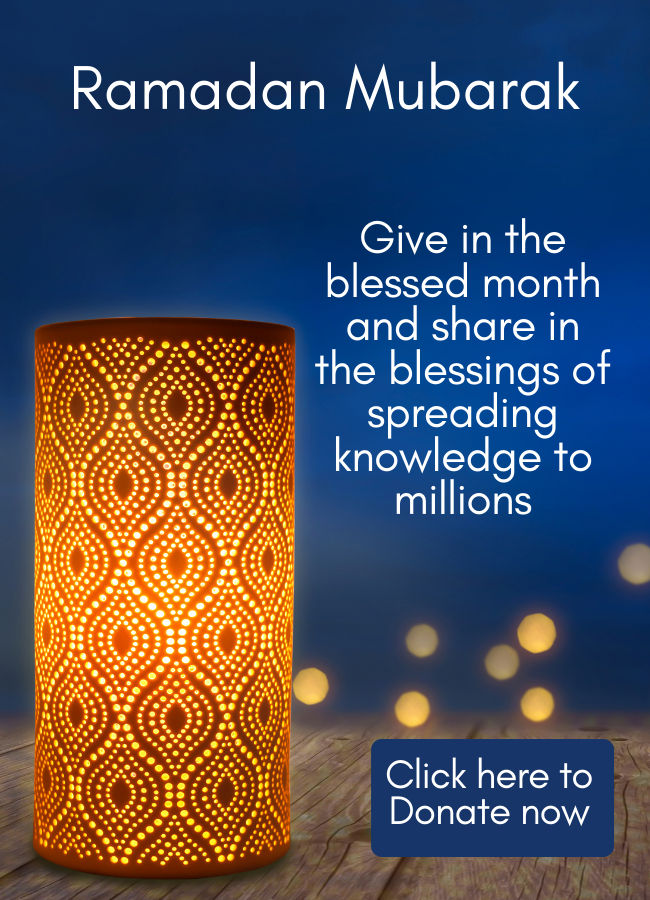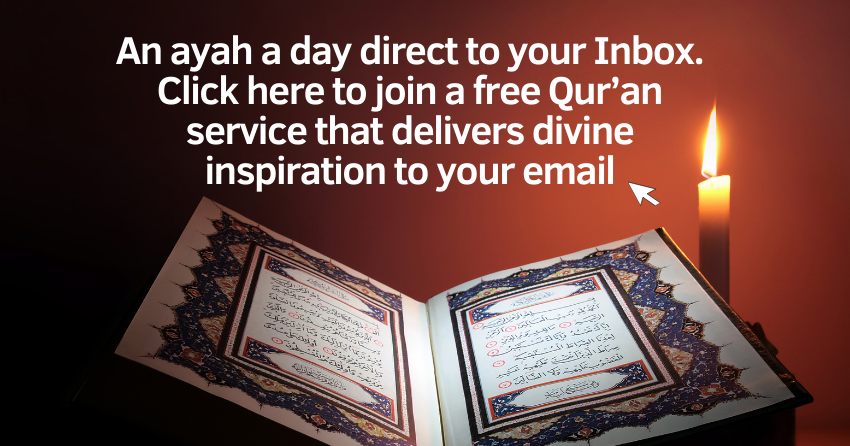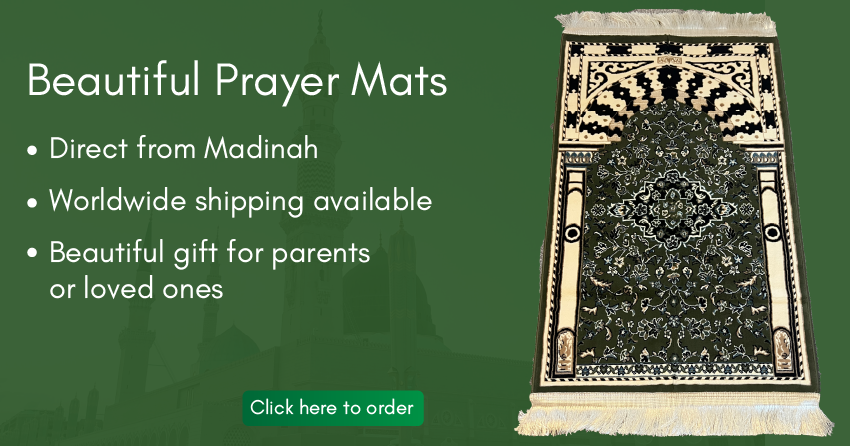The 17 Benefits of Tribulation
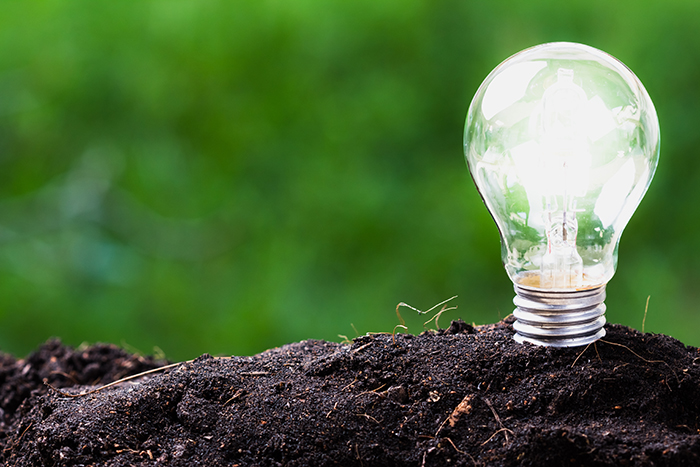
In this article, Shaykh Faraz Rabbani summarizes “The Benefits of Tribulation” by one of the great scholars of Islam: Sultan al-Ulema al-Izz ibn Abd al-Salam (Allah be well pleased with him). This discussion took place at the beginning of the pandemic as a reminder for all of us on the attitude we should embody in the face of hardships.
The following has been transcribed (and in parts, paraphrased) from this lecture. Shaykh Faraz describes the benefits and, in parts, weaves in his own experience.
Are There Tests in Life?
Tests are essential to the life of this world. Allah (Most High) tells us that He is “the One who has created death and life to test you” (Qur’an, 67:2).
Testing is from the very wisdom of life. This is why one of the great early Muslims, Abu Abdullah as-Saji (Allah be pleased with him) advises: if you wish to be of the abdal – the unique servants of Allah or the highest of the categories of the beloved servants of Allah then love what Allah has willed. And what Allah wills; He manifests. Because then nothing will befall from Allah’s decree and his judgments, except that you will find it beloved to you.
This is one of the ways of becoming one of the truly beloved servants of Allah (Most High). We will look at this treatise of al-Izz ibn Abdus Salam (Allah be pleased with him), which is about tests and trials and tribulations. And he mentioned 17 virtues.
The First Benefit: To Know Divine Lordship
The first of the benefits is to know Divine Lordship and the overwhelming Power of Allah; in his grasp are all things. If we begin to imagine we are in charge and we have built this and we have done that; Allah will send us things that show us who is the Lord.
The Second Benefit: To Know the Weakness of Slavehood
The second benefit is related to the first; it is to know the weakness and loneliness of slavehood. Who are we? We are Allah’s weak creation.
The Third Benefit: To Acquire Sincerity
The third is acquiring sincerity. Allah (Most High) tells us; “and if Allah touches you with hurt, there is none to lift it except him” (Qur’an, 6:17).
Even just the expression, “if Allah touches you with hurt” (wa in yamsaska), that if the difficulties that befall us result in us getting shaken up; realize that we are just being touched by it! It could be a lot more intense, a lot more encompassing. This is just a touch. “When they ride the stormy ocean, they call upon Allah making their devotion purely for his sake alone” (Qur’an, 29:65). Thus, the wisdom of the stormy oceans of life is that it makes the heedless servant of Allah conscious of Allah, the heedless servant becomes sincere.
The Fourth Benefit: To Penitently Turn to Allah
The fourth benefit is to penitently turn to Allah and to direct oneself towards Him. “When the human is touched by hurt, they call upon their Lord turning penitently to him” (Qur’an, 39:8). Do not look at the pain, look at what it is a means for – of ‘Inaba’ (penitently turning) to Allah. And what does penitently returning to Allah result in? Finding the closeness of Allah (Most High).
The Fifth Benefit: To Humble Yourself in Front of Allah
The fifth benefit of tests and tribulations is that one humbles oneself and beseeches Allah and calls upon Allah (Most High). Allah tells us; “when the human is touched by any hurt, they call upon us” (Qur’an, 39:49). Meaning of course, that when things are easy, most people do not turn to Allah. That is a mercy from Allah (Most High). Why? Because we are given to heedlessness. And even those with the weakest of faith realize this. “Say who is there who can save you from the darkness of land and sea? Whom you call upon, beseeching Him, imploring Him in your fear” (Qur’an, 6:63), and that’s Allah (Most High).
The Sixth Benefit: You Acquire Forbearance
The sixth benefit is that you acquire forbearance, in Arabic: “Hilm.” One is forbearing with the one tested, but the one tested becomes forbearing. Why? Because when you cannot do anything about the difficulty, you are forced to not react and wait it out, and that is forbearance – “Hilm.” Not that you are not shaken by things, but you wait for their unfolding. The early Muslims would say forbearance is the foremost of traits of character. “Indeed, Ibrahim is ever (in treating us) yearning for us and deeply forbearing” (Qur’an, 9:114).
Tests train one in forbearance, inclemency, and calm. Because what else are you going to do? It is a training ground for forbearance. As the Prophet (peace and blessings be upon him) said to al-’Ashaj ‘Abd al-Qays; a companion who was part of one of the delegations that came to the Prophet (peace and blessings be upon him), “you have two traits that are beloved to Allah. You have forbearance and circumspection.” The key is circumspection: you think things through, you are not hasty.
The Seventh Benefit: You Overlook the Mistakes of Others
A seventh benefit is the opportunity to overlook those who err against you. That is one of the qualities of those beloved to Allah, “those who overlooked what others do” (Qur’an, 3:134). For example, someone accidentally did something to you and made a big mistake. But instead of reacting to the mistake or responding to the mistake, you took the opportunity to take the high road and you got the great reward of overlooking their mistake. “so, whoever overlooks and rectifies, their reward is upon Allah” (Qur’an, 42:40). And this applies to situations particularly in which someone committed a mistake, such as if someone got very upset with you, and it was not reasonable, but you overlooked it.
The Eight Benefit: You Learn Patience
The eighth benefit of tests and tribulations is the opportunity to have patience in the tribulation. This patience in tribulation necessarily results in the promise of Allah; in the love of Allah (Most High) in immeasurable reward. Why? Because Allah (Most High) says; “Allah truly loves those who remain steadfastly patient” (Qur’an, 3:146).
The steadfastly patient are only given their reward beyond measurement, the only way they are rewarded is in a manner that is beyond measurement. It does not enter any expressible measurement; it comes from our beloved Prophet (peace and blessings be upon him) that no one was granted any gift that is better or more expansive than patience or steadfastness. This is related by Imam Bukhari and others.
The Ninth Benefit: You Have the Opportunity to Rejoice
The ninth benefit of having tests, trials, tribulations, loss, and difficulties is that you rejoice in the test because of its benefits. Our beloved Messenger (peace and blessings be upon him) said: “truly those before you used to rejoice in tribulations as you rejoice in ease” (Ibn Majah).
Why? Because the smart person is the one whose heart is connected to consequences. If you get sick and you get medicine; the fool complains “oh my goodness, I have to have this medicine it is bitter!” But it is an effective medicine. The intelligent person will be happy, why? Because this medicine will be a means to their healing, the bitterness is not the concern. it is fleeting.
Ibn Masud (Allah be pleased with him) said: “What a great thing are the are two disliked matters; death and poverty. The righteous before you rejoiced in them because the difficulty does not hurt you and their bitterness does not hurt you if it is compared to their fruits and their benefits”.
This is a general sunnah of our faith; to rejoice. That is one of the amazing sunnahs that in times that appeared most difficult historically, the Ulema emphasized to people the importance of gratitude and rejoicing in Allah (Most High). Saydi Abdul Hassan as-Shadhili (Allah be pleased with him) was blind, but he participated in some battles against the eastern hordes that were invading the Muslim lands as they caused chaos and commotion. He fought even though he was blind! He participated in the jihad! But those were difficult times, and he built his spiritual path around rejoicing in Allah. You find a similar pattern in the life of Molana Rumi; why did he build his path around the love of the divine and expression of this joy of slavehood? Because everybody was down, everybody was going through difficult times around him.
That is really important, and that is part of the ingratitude of the human being. We see one thing that we have, one thing that we dislike, or even that we are not even touched by it – where is your rejoicing in all that which Allah has blessed you with? Reflect on the wisdom of everything in existence being in orbit, it is as if all of existence is expressing a state of ecstasy and rejoicing at the gift of existence. So, if you consider; what about the gift of life? What about the gift of faith?
The Tenth Benefit: The Intrinsic Benefit in the Tribulation
The tenth benefit of tribulation is gratitude for the tribulation because of its benefits; just as the sick person thanks the doctor who cuts a limb that needed cutting. For example, there is a doctor who cuts open someone’s father and takes out his kidney because he needed a kidney transplant. But are they sad by the fact that they lost their kidney or are they grateful that this is a means of healing? They have gratitude because of what one is expecting of consequent healing.
Similarly, the servant sees that these tests and this prevention is a means of eternal reward from Allah (Most High); so, one has gratitude. “If Allah loves a servant, he sends him trials” – one sees the trial as also being a gift from Allah (Most High).
It is said that the difference between the grateful and the truly grateful is that the grateful person is someone who has active gratitude for every clear blessing. Everything that is clearly a blessing; you have active gratitude for it; you are of the grateful believers. And that is not easy.
That requires reflecting (muhasaba), what is everything Allah has blessed me with? How do I express calm comprehensive gratitude? Not just now, but what he blessed me with before.
This is why when someone came from the tribe of Bani Sa’d, the Prophet (peace and blessings be upon him) stood up, took off his cloak, and put it down for her to sit on. Why? That person did not do anything, but she was an infant when the Prophet (peace and blessings be upon him) was an infant, and she was related to Sayyida Halima (Allah be pleased with Her).
Ibn Tuloon has a treatise that Halima came and believed in the Prophet (peace and blessings be upon him), there are sound hadiths about it. The Prophet (peace and blessings be upon him) would send gifts to old friends of Sayyida Khadijah (Allah be pleased with Her); they did not do anything for him! But they were friends with his wife.
That is thankfulness, and to be thankful is not easy. That is something we should all commit to, but higher than being thankful is to be grateful, not just for the obvious blessings but the things that do not appear to be blessings. You are grateful for both easy and pleasing things and stressful things.
Why? Because Allah is giving you both in what he obviously gives you but also in his withholding. As Ibn Ata-illah says, “if you can behold Allah’s giving when he appears to be withholding, then his withholding becomes from giving itself.” Why? What is he giving you? All these gifts above, to recognize his Lordship, to reflect on his name’s, to recognize your weakness, and neediness, to cultivate sincerity, to turn to Him… All these gifts!
The Eleventh Benefit: Sins are Forgiven
The eleventh benefit is that tests wipe away sins and shortcomings. “All that befalls of distress is through what your own hands have wrought, and he wipes away much” (Qur’an, 42:30). A lot of the Ulema explain that Allah wipes away much of the sins that you do through your patience in difficulties.
There are numerous hadiths of the Prophet (peace and blessings be upon him) if you look in the chapter of patience in Riyad us-Saliheen: the believer is not touched by any distress nor hardship – even the worries that affect them and the thorn that pricks them except that Allah will expiate for you through it from your ill deeds. With one condition; patience without objection.
The Twelfth Benefit: You Become Merciful to Others
The twelfth benefit of tribulations he says: Allah sending you tests is to stir within you mercy for those who are being tested and to help them in their distress. People right now are going around and freaking out about being short of toilet paper.
You realize that there are hundreds of millions of people around the world that do not have basic sanitation and we are worrying about whether we can get enough toilet paper!
There is a state in India wherein all local elections they made a rule: that the only candidates that could run were people who had toilets in their homes. Why? Because they are having a major health crisis, it was the norm (people just not using the toilet) and not because they didn’t want to, not that they were being lazy, but because these people have poverty in many regions in that state. And we take all these things for granted! There is at least one in seven people in the world that do not have access to clean water.
We are not worried about our water supply right now; may Allah protect it. So, part of this then is that when you have a little bit of a test; think of those who have difficulty, have mercy on them, and actively assist them in their tribulation. Express your concern. The Prophet (peace and blessings be upon him) in a hadith related in the Muwatta of Imam Malik said: “people are between those who are in wellness and those who are in tribulation, so have mercy to those in tribulation and have gratitude to Allah for wellness.”
That is the adab – that people are between those in states of wellness and those in states of tribulation. Have mercy for those in tribulation. One of the worst innovations (bida) is when you decide to judge why people are dealing with or having difficulties. “Do you say about Allah what you do not know?” (Qur’an, 2:80). Why do you know? How do you know why Allah is testing particular people? How do you know? How do you know? And all of this is the test for you, how are you responding? The Prophet (peace and blessings be upon him) told us “people are between those in wellness and those in tribulation, so have mercy for those in tribulations and have gratitude to Allah for your wellness” (Bukhari). When you ever see someone in tribulation, remind yourself of wellness.
There is a beautiful dua that the Prophet (peace and blessings be upon him) taught us; “if you see someone who is being tested And the greatest test is in ones’ faith, the Shafi’s mentioned that if you see a disbeliever, make this dua: “All praise is due to Allah who granted us wellness from what he tested so much of its creation and granted us great rank over so much of his creation.”
Imagine the existence as some little critter, just to get randomly squashed… Are you ever afraid of being squashed by something when you are walking down the street? No! Nobody sprays you with pesticides.
I remember once with Sheikh Mohammed Juma’, we were sitting in the Umawi mosque; we’re having class and these Christian Priests came in with these long cloaks. I thought they were just coming out of the middle ages. These long cloaks; the whole cloak from the top of their head, with a big cross. He just looked at them teary-eyed and is repeating this dua; “all praise is due to Allah who granted us wellness from what he has tested so much of his creation from.” And his creation; they are not just human beings, think about the animals, many creatures do not last a whole season let alone a whole year! Imagine if you were a butterfly and you were stuck in one of those intermediate stages like you think it will be boring being at home? How long do they stay in their cocoon? And not much to do in there. Of all things but Allah made us human. Imagine if you were a bear and woke up in the middle of hibernation, like go back to sleep. “Be grateful to Allah for wellness.”
The Thirteenth Benefit: You Learn the Worth of Wellness
The thirteenth benefit he says is that tribulations remind us and help us know the great worth of wellness and to have greater gratitude for wellness. Blessings are not typically known by their true worth until when one loses out on them.
The Fourteenth Benefit: The Reward in the Hereafter
The fourteenth benefit of tests and tribulations is Allah’s reward in the Hereafter. We are just talking about the dunya right now, this is the short-term reward and the short-term benefits. But what is the true benefit? It is the reward in the Hereafter.
In truth, the reward for any action is not in this life because what Allah has prepared for His believing servants does not fit in this world. There is no actual reward in this life and there is no actual punishment in this life, but rather these are indicators for us. Rewards are eternal, even for the smallest of things! This is why the Prophet (peace and blessings be upon him) said; “never deem anything of the good to be small.” Why? Because that good; what is its consequence? Eternal reward!
That is who you are dealing with. Imagine if you did a favor to someone and from that moment till the end of their life – they are always thanking you! Just for one thing you did! That is just till the end of their life, just one action into eternity – you have reward after its multiplication at least ten-fold.
The Fifteenth Benefit: That Which is Within of Subtle Benefits
The fifteenth benefit of tribulations is what is within the tribulation of subtle benefits. It may be that you feel the bitterness of it, but you now may not see the subtle benefits of it. Allah (Most High) tells us of the above as a reality in the Qur’an; “it may well be that you dislike something and Allah places in it tremendous good” (Qur’an, 2:216).
You may dislike something, but you do not know what the outcome is. Sometimes the greatest blessings in our lives begin with bitterness. How many a person – their marriage failed, but that was the greatest blessing they had! How many a person lost a job, and it opened doors for them that they could never have imagined.
It happens all the time, that’s why in the Istikhara: after we ask Allah for the good and its facilitation and to turn us away from harm we say; “destine the good wherever it may be” because the good may be in the apparent good that we’re seeking, but the good may be in the things you didn’t want, and then we say; “make me content with it.”
“It may well be that you dislike something, and it is better for you” (Qur’an, 2:216).
An example of that is the story of Sayyida Hajar (May Allah be well pleased with Her). Ibrahim (Allah have mercy on him) was commanded to leave her in the middle of the desert. To us, nothing could be worse than that! And it was painful for him to walk away. She just asked; “did your lord command this?” And it was heavy for a Prophet of Allah to walk away but she told him, “continue to where your Lord has commanded you.” It seems to be a tribulation, but that was the result says al-Izz ibn Abd al-Salam for the birth of Sayyidana Ismail (Allah have mercy on him) and that was the means for the coming of Rasulullah (peace and blessings be upon him).
One of the poets said, “how many great blessings are folded up for you between the folds of tribulation” but you must pay attention to it. As Ibn Ata says: “The fool looks at the clouds and complains that it is cloudy, but the wise person is the one that when they see the clouds – they realize that this will bring good fruit down the road.” The fool complains about the clouds, the simpleton claims that it will rain – but the wise person recognizes the outcomes.
The Sixteenth Benefit: Trials Prevent One from Evil
The sixteenth benefit of tribulations is that tribulations and hardship prevent one from evil and haughtiness. You are not able to do what you were able to do before. The tribulation prevents you from arrogance and haughtiness and pride and arrogance.
A l-Izz ibn Abd al-Salam says:
Imagine if Nimrod the ruler, who was against Ibrahim (Allah have mercy on him), was poor and weak and deaf and blind; would he have argued with Ibrahim (Allah have mercy on him) about his lord? No! it is only ease and strength that causes people to inflate and arrogate. Many many of the wrongs that we do; the tests and trials in different ways curb our bad tendencies.
That is why Ibn Ata says; “whoever doesn’t direct themselves to Allah with the garlands of divine grace’s will be dragged to him in the chains of tribulation” but the chains of tribulation too are great blessings from Allah (Most High) in different ways. And one is that they prevent one from turning away, from running away.
If Pharos (Firoun) had been tested with poverty and sickness and weakness and loss of power he would not have claimed:” I am your lord almighty” (Qur’an, 79:24) because he would see his abject weakness, and there are countless examples. How? Because one of the key causes of the human turning away is thinking they have no need. “Truly the human goes beyond all limits when they see themselves as having no need” (Qur’an, 96:6-7), and this is one of the characteristics of all people who went astray. He gives many examples and this why he says here “the poor and the needy, they are the elect servants of Allah and the followers of the Prophets” and for these tremendous benefits, the author says: our Beloved Prophet (peace and blessings be upon him) said; “the people most intensely tested are the Prophets (peace be upon Them), then the righteous, then the foremost after them, and then the foremost after them.” The hadith is related in the Musnad of Imam Ahmad.
The Prophets (peace be upon Them), were called mad and magicians and sorcerers, and they were mocked and derided,” but they remain steadfast regarding what they were denied about and heard about” (Qur’an, 6:34).
“Do you imagine you will enter Paradise and there has not come to you the like of what came to or befell those who were before you? And they were tested with distress and difficulty and they were shaken as if by an earthquake until the very Prophet amongst them and the believers close to him ask ‘when is Allah’s victory?’ Indeed, Allah’s victory is close” (Qur’an, 2:214). That is a divine promise and many of the verses in the Qur’an are about Allah (Most High) testing us and highlighting all these pearls of wisdom.
Likewise, if we consider the life of the Prophet (peace and blessings be upon him), his tests began before he was born! He lost his father before he himself was born (peace and blessings be upon him)! Thereafter, he lost his mother, then his grandfather, and one loss and difficulty after another. His uncle loved him, the Prophet (peace and blessings be upon him) proposed to his uncle’s daughter. But his uncle Abu Talib rejected the proposal of the Messenger (peace and blessings be upon him)! Years later, she asked to marry him (peace and blessings be upon him), but then he was not able to marry her. Moment of ease from distress in the life of the Prophet (peace and blessings be upon him), what do you find? “Constantly cheerful (peace and blessings be upon him).”
Sayidda Aisha (Allah be pleased with him) relates that the Messenger of Allah (peace and blessings be upon him) did not eat bread from barley on any two consecutive days; sometimes an entire month would pass, and not one fire was lit to cook food in any of the houses of the wives of the Prophet (peace and blessings be upon him). And all the tribulations in his life; it was within his lifetime that the false Prophets; Musailama and Tulayha and al-Ansi and these others appeared and all the different tribulations that he witnessed befalling his companions. He himself was poisoned (peace and blessings be upon him).
It has come from the Beloved Messenger (peace and blessings be upon him), “the example of the believer is like the example of the crop, the wind continues to blow it in one direction and the other, likewise the believer keeps being afflicted with tribulations one time in this direction one time in that.” And this hadith is related by Bukhari and Muslim and there are many similar hadiths.
So, the situations of difficulty and tribulations are means (he said) for the servant to go to Allah (Most High). And times of wellness and ease could well be causes for a servant to turn away from Allah (Most High).
As Allah warns us, “in difficulty and distress, they call upon Allah with sincerity, but when we lift distress from them, they return as if nothing had ever happened” (Qur’an, 10:12). Now people are rationing, this morning one of the kids went to the supermarket and they are only letting twenty people in at a time.
What did the righteous do? The Prophets (peace be upon Them) chose to do with less of this world – out of choice! Many of the companions (sahaba) – look at Uthman ibn Affan (Allah be pleased with him) who was so wealthy he funded a whole army, but how did he live? Exceedingly simply. Why? Not because he did not have one, but he chose the way of poverty.
Imam ‘Abd il-Kabir al-Kitani, in his abridgment of the Shama’il, says; “anyone who says that the Prophet (peace and blessings be upon him) was poor committed disbelief.” Now we do not call someone a disbeliever for that, we just say just they do not get it. But why? Because did the Prophet (peace and blessings be upon him) choose poverty? Yes, did he choose to do without food? Did he choose hunger? Yes, but what does Allah say about him? In Surah Duha: “and he found you in need and he freed you of all need” (93:8), he chose the way of poverty.
That’s why the righteous chose to do with less food, and less drink, and less of the pleasures, and less when it came to their dress, and less in terms of marital pleasures, and less when it came to social gatherings, and less when it came to dwellings, and less when it came to their means of transportation and so on. Why? To be in a state that would keep them close to returning to Allah (Most High).
The Seventeenth Benefit: Attainment of Contentment
The final and greatest benefit of tests and tribulations is contentment. It is the means to attain unto the absolute divine contentment. Because difficulties, (he says), befall the righteous and the corrupt, so whoever is upset by difficulties and trials – they have Divine upset. They have lost in this life of sorrow, and heaviness, and dejection, and depression, and all that accompanies this; and they have loss in the next life.
Contentment is better than paradise and all it contains because Allah (Most High) says; “an absolute contentment from Allah Is greater” (Qur’an, 9:72). And this is Allah being content with you, but the state of contentment you find within yourself is greater than paradise in all it contains, by the text of the Qur’an.
We ask Allah Most High and we ask by the asking of this great scholar and we ask Allah likewise for his overlooking and wellness from him in this life and the next. Because we are not of the people who can bear tribulations. May Allah grant us the facilitative grace to act upon that which is beloved to him and pleasing to him and may Allah heal us from tribulations and distresses.
Proudly brought to you by Seekers Guidance, more can be found here.
Since You’re Here… we have a small favour to ask.
In these extraordinary times, millions rely on HOTD for daily uplifting & inspiring content. Established since 2009 and with your kind support we’ve seen readers elevate their Imaan & strive for better on a daily basis. We’re committed to keeping our content freely available and open for all readers. Every contribution, however big or small, makes a difference and help us spread knowledge to millions daily
HOTD is something special, it’s a place where people can come to be inspired, to renew their faith, to learn and share knowledge, to fall in love with our faith and also our Prophet (peace and blessings be upon him and his family).
All content on HOTD is free. We believe what we do in this life builds for the next one and we work tirelessly with the aim to please Allah and inspire the global Muslim community as
well as providing information and inspiration for anyone interested in Islam. We simply cannot do this without your support and your support helps us continue our services.
If there were ever a time to join us, it is now. You can support HOTD and help sustain our future. Support Hadith of the Day and make a one-off donation or give regularly from as little as £10 a month Jazak’Allah Khayr – whatever you donate will come back to benefit you Insha’Allah as whatever is spent in the way of Allah is an investment in the future and the next life. Thank you.




